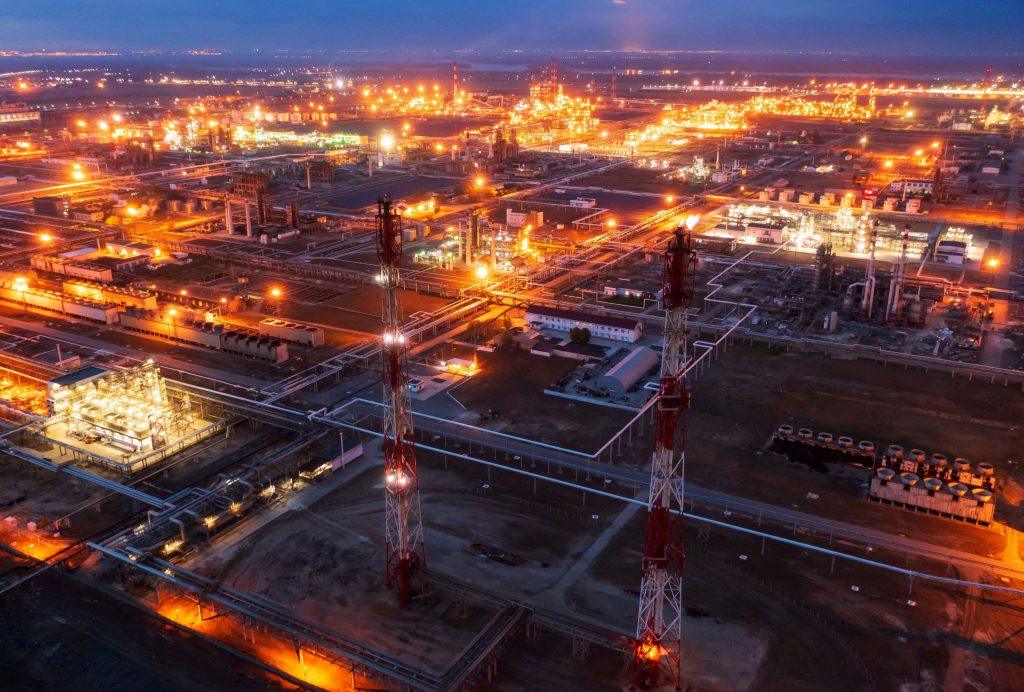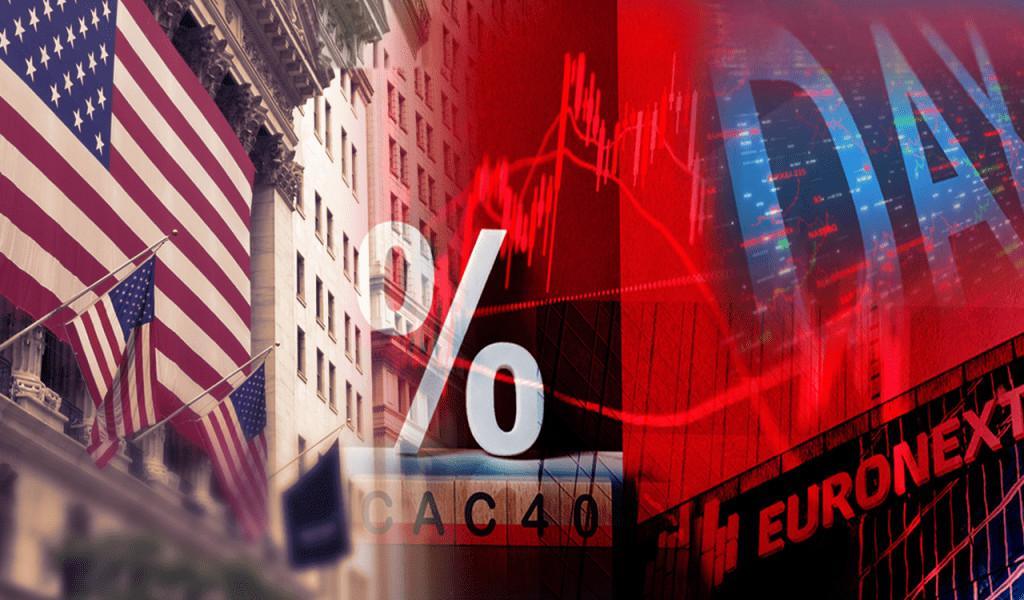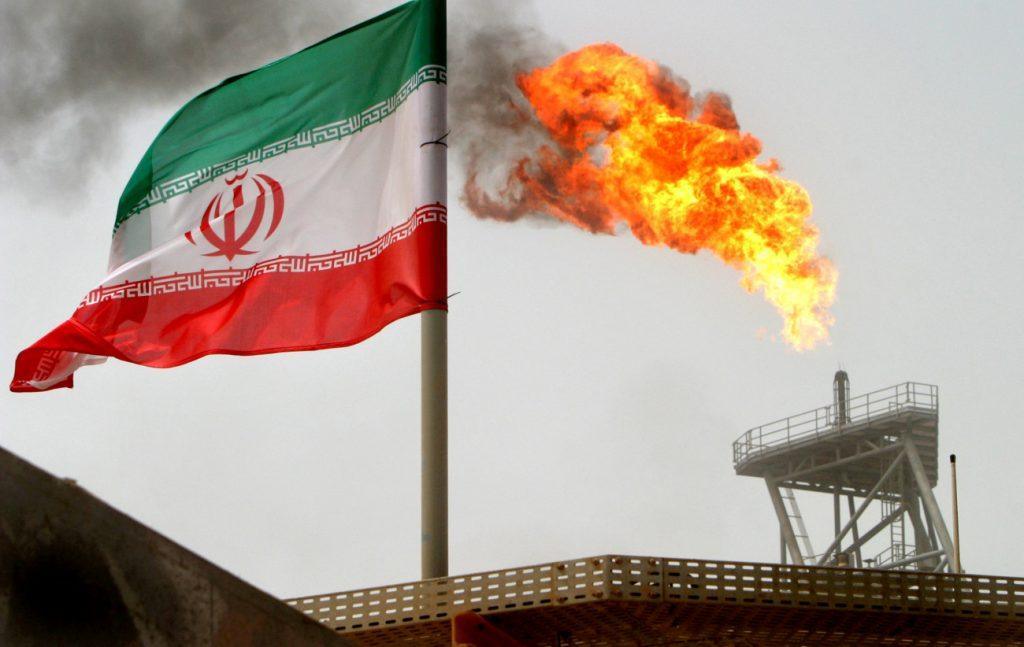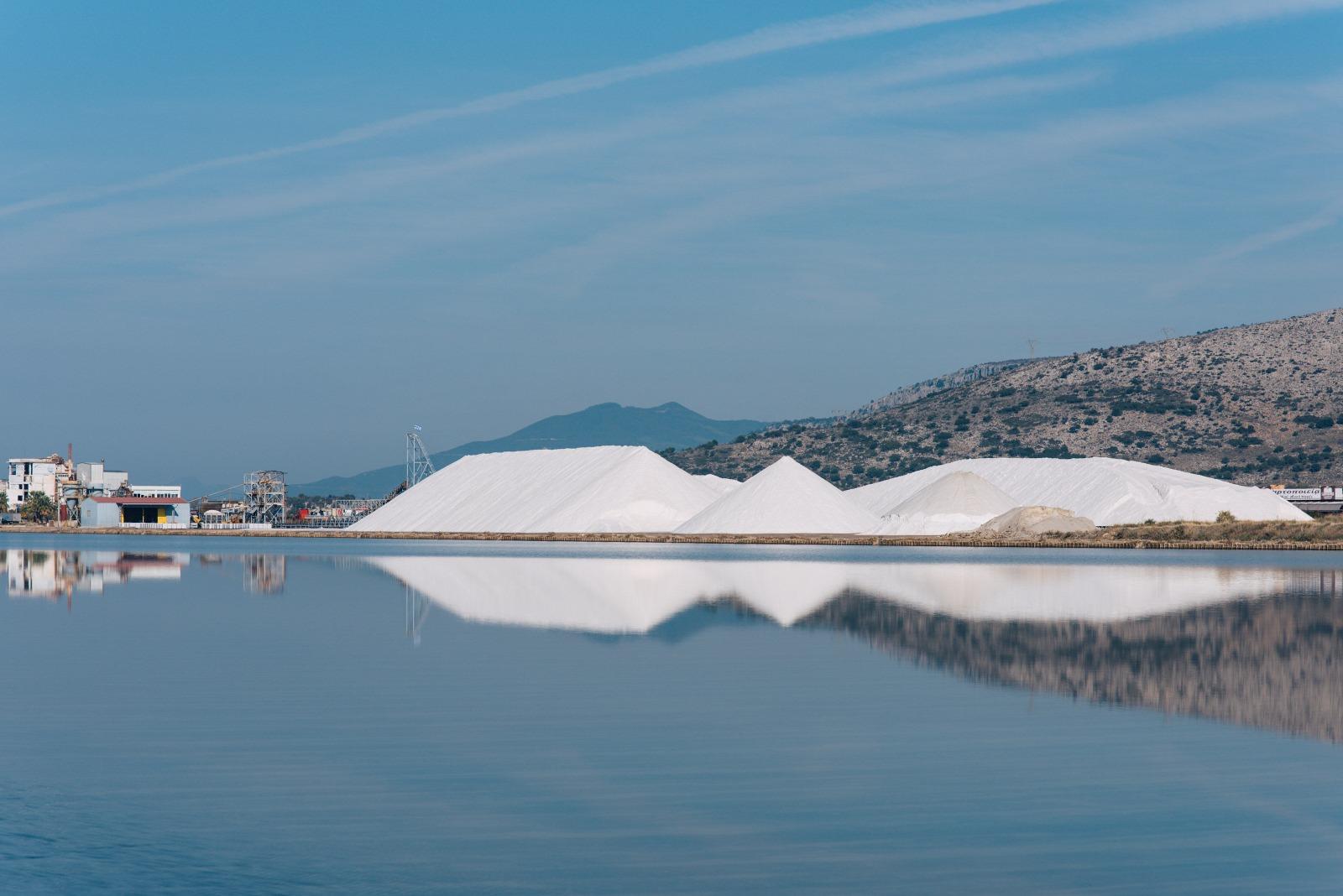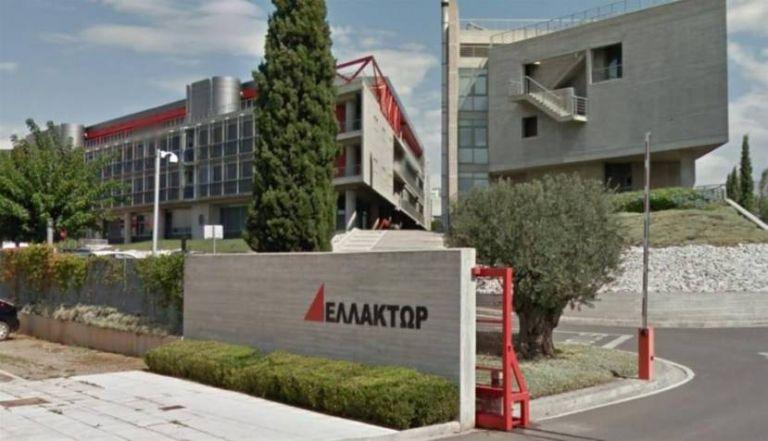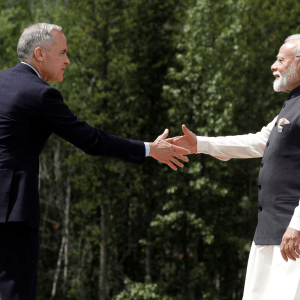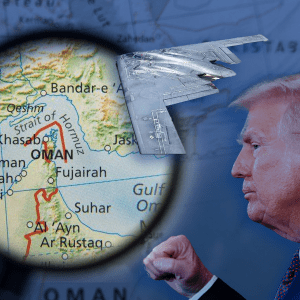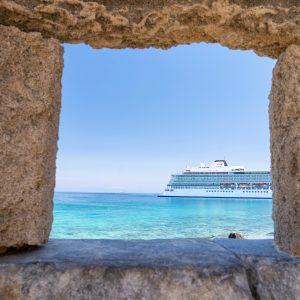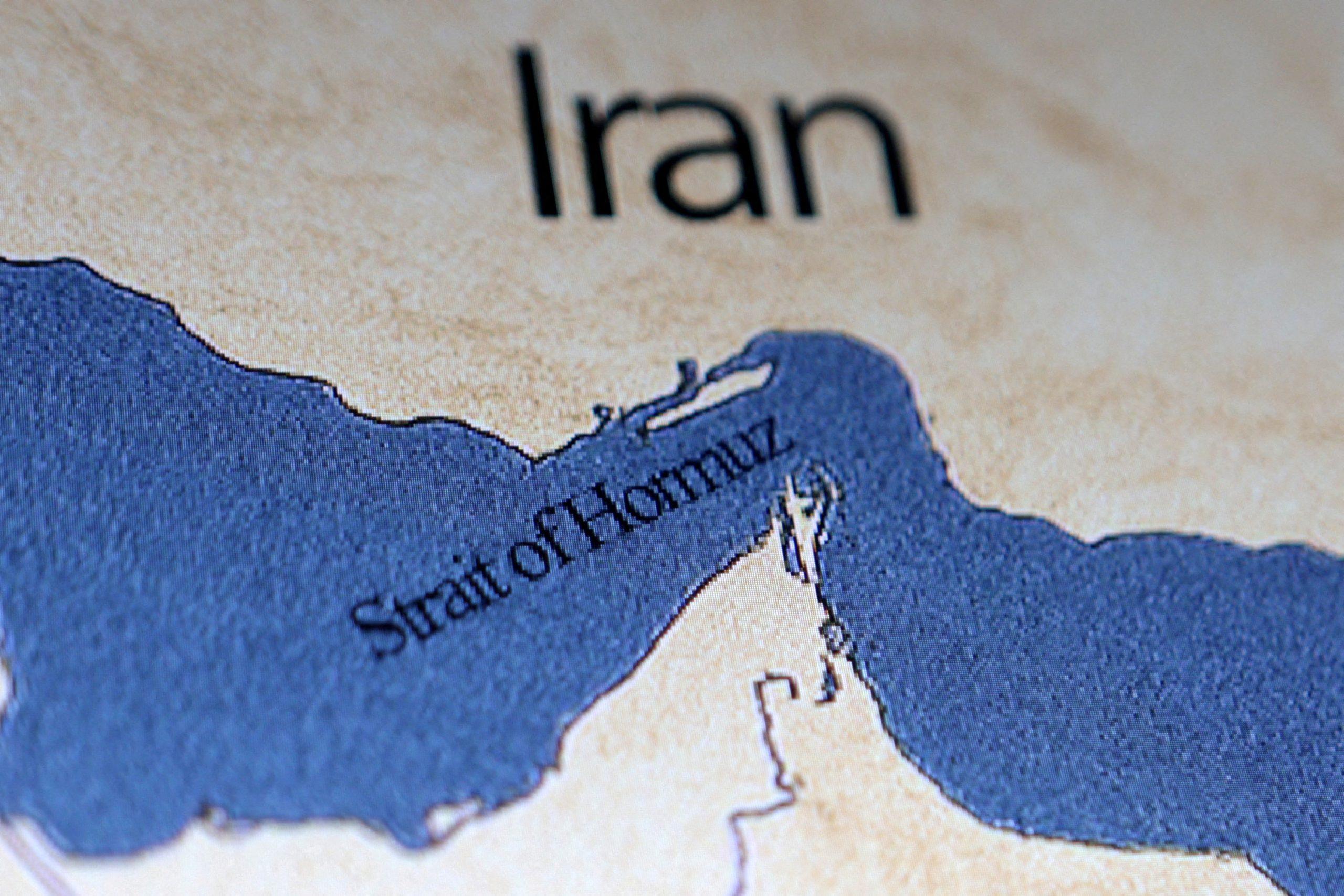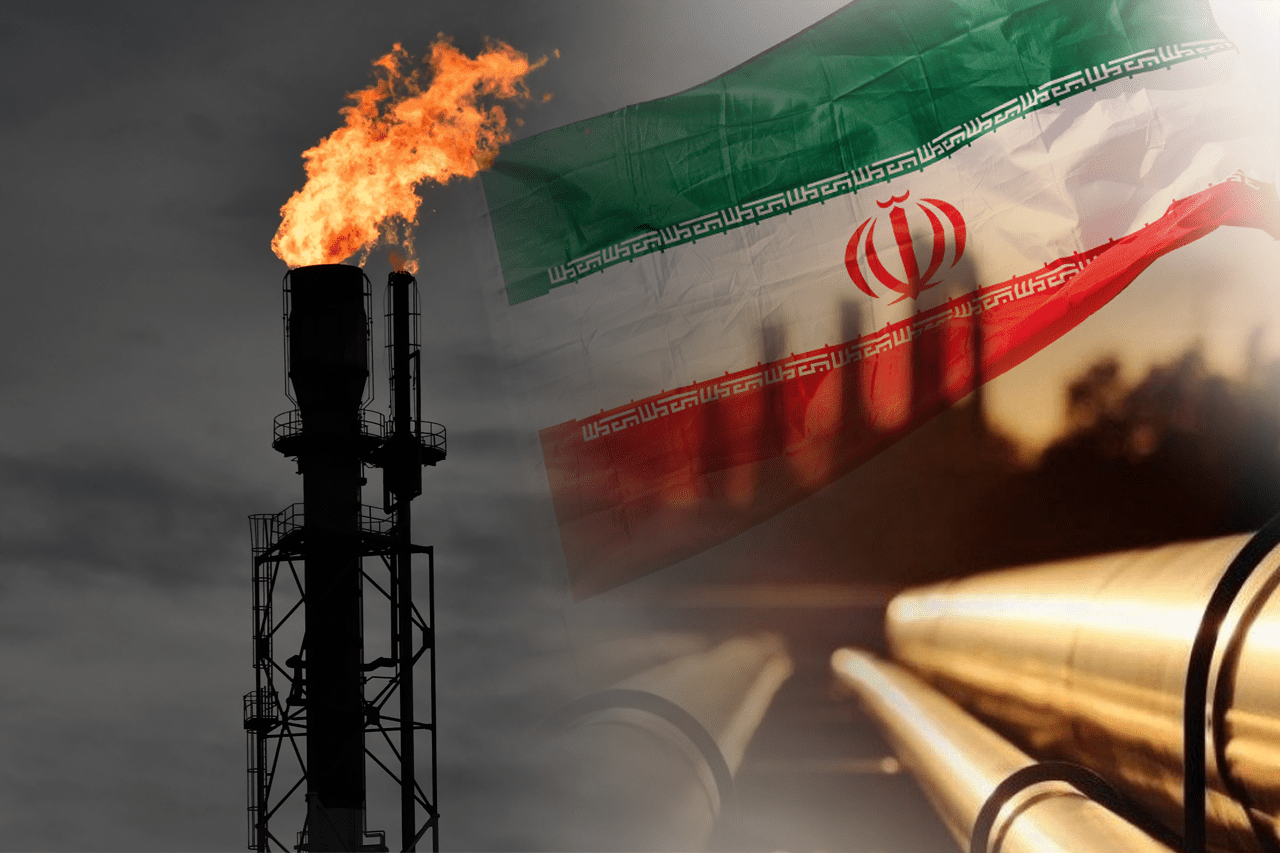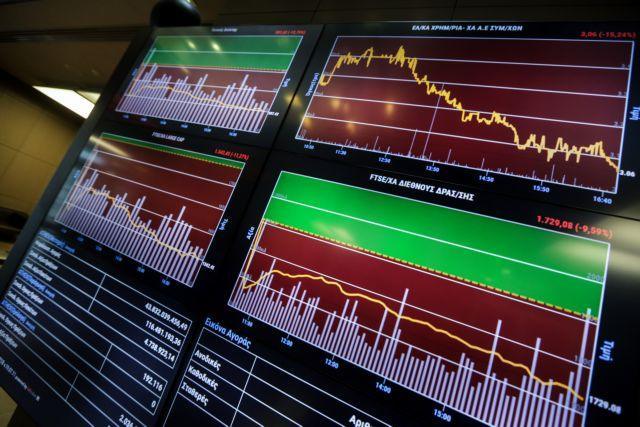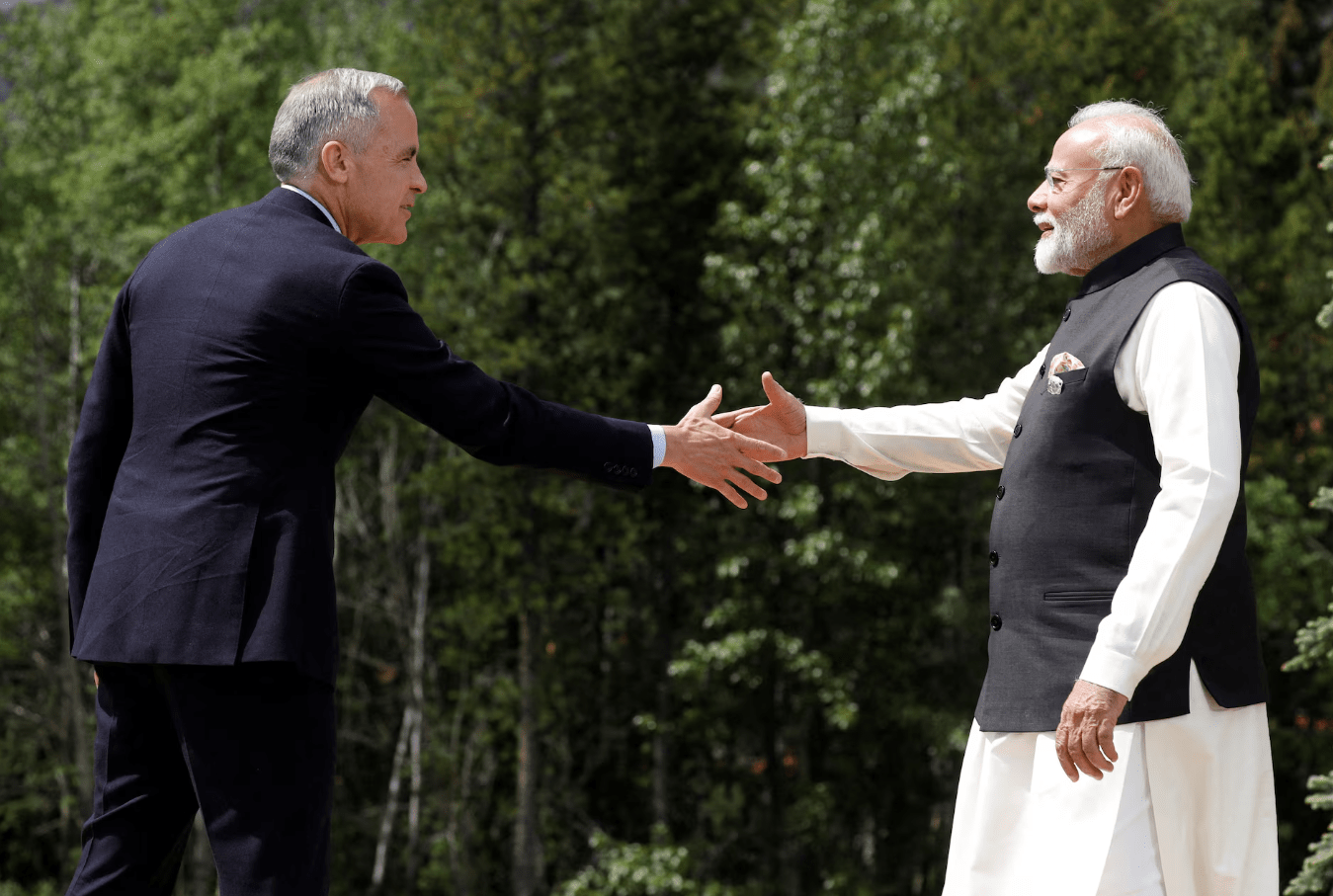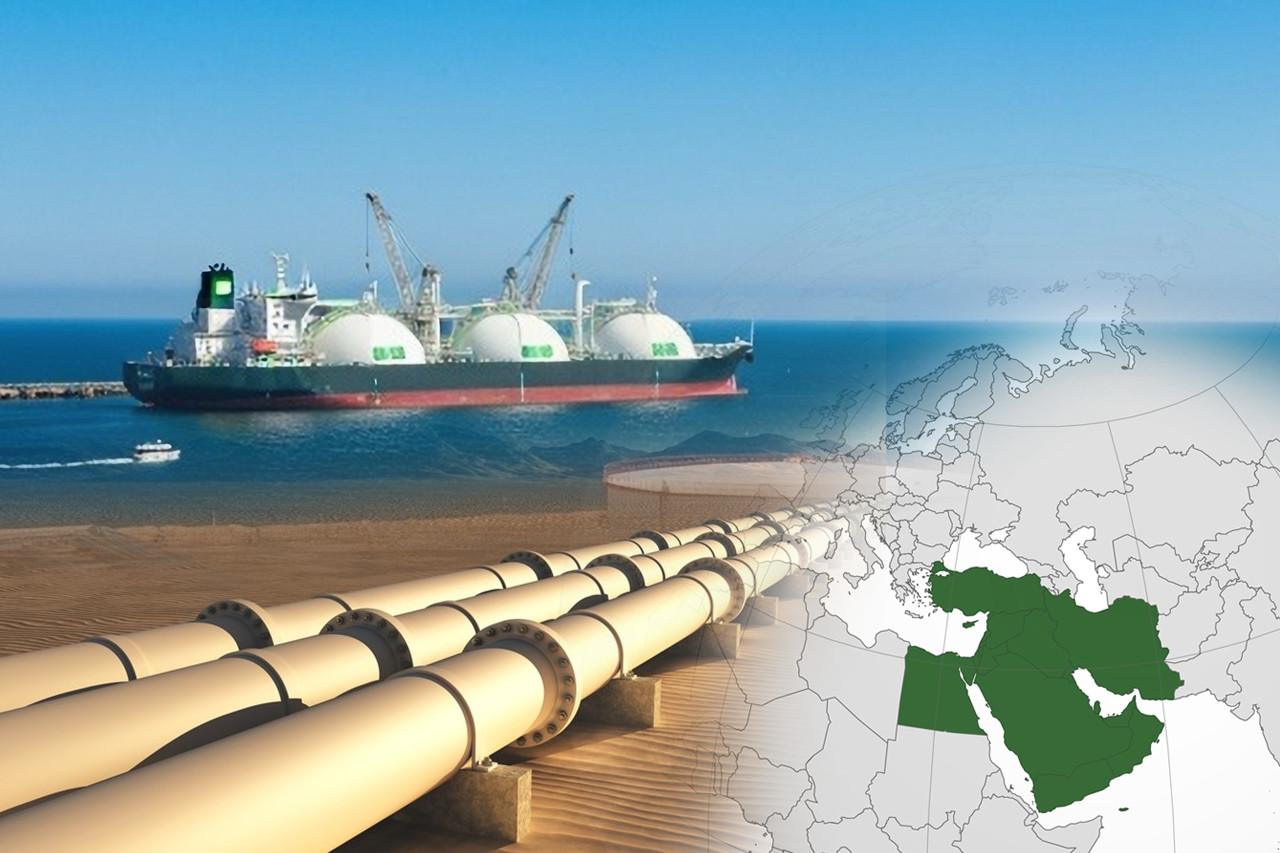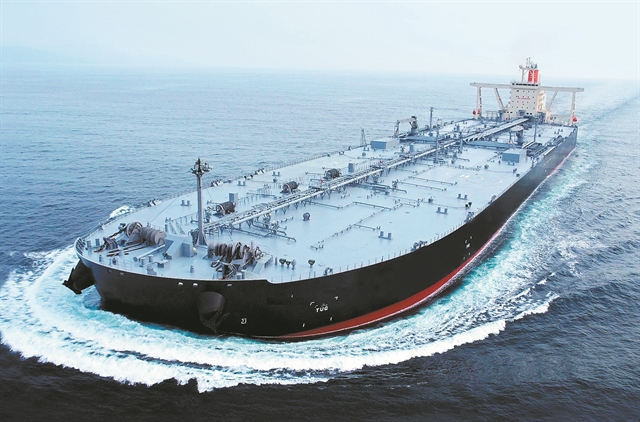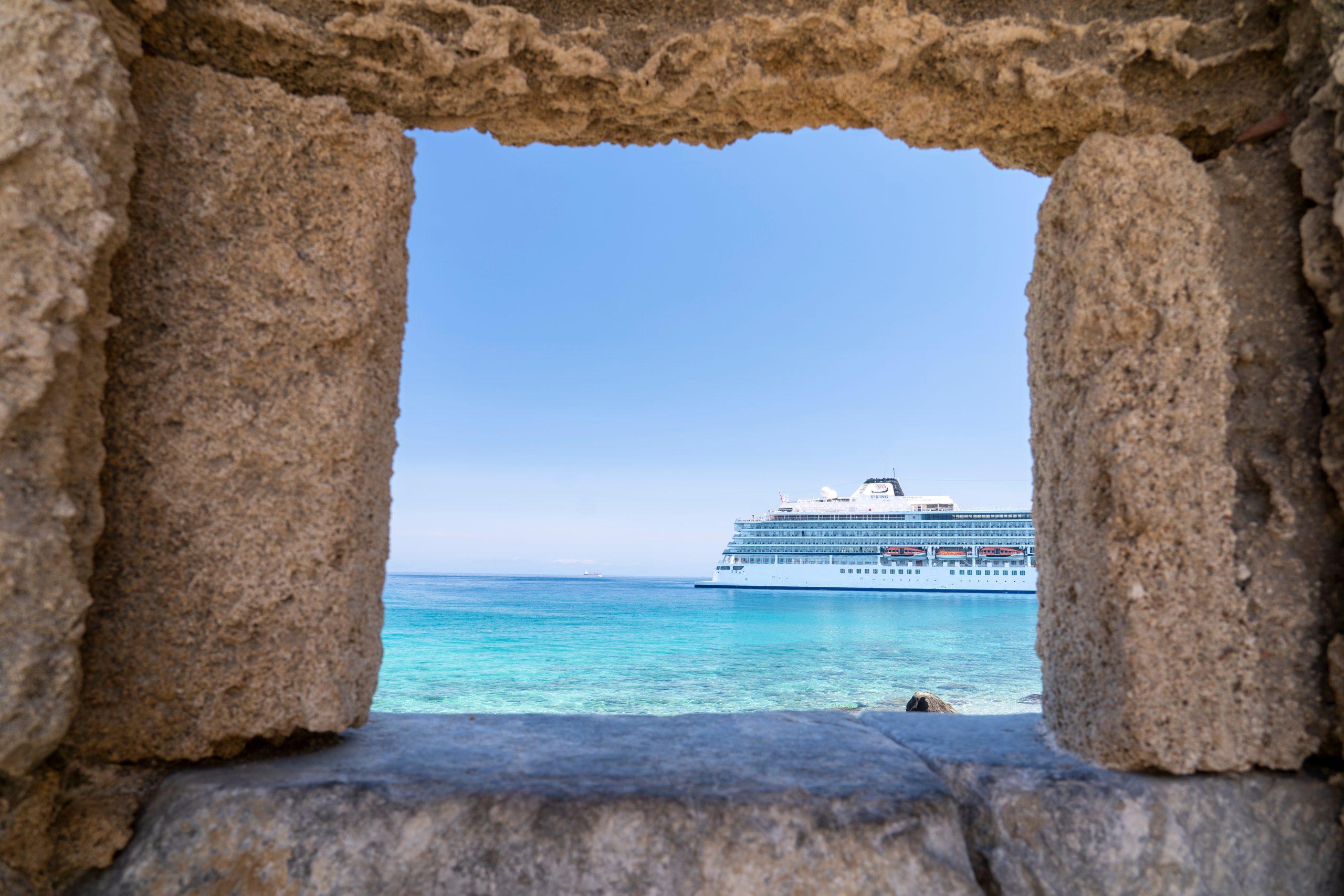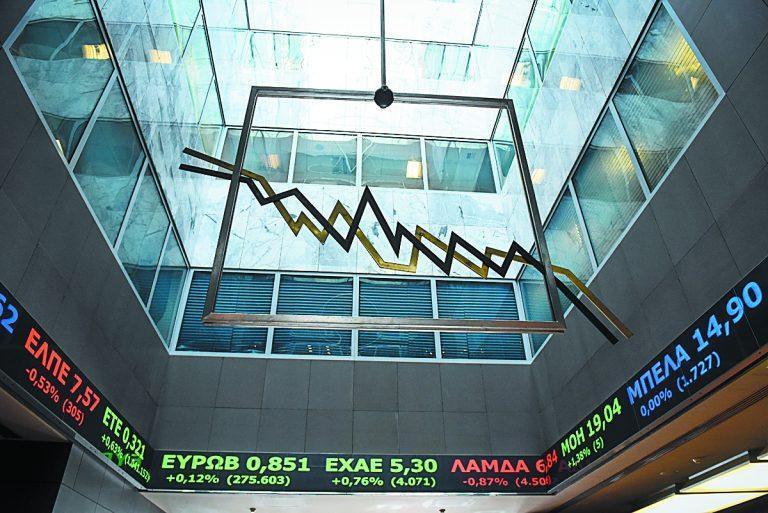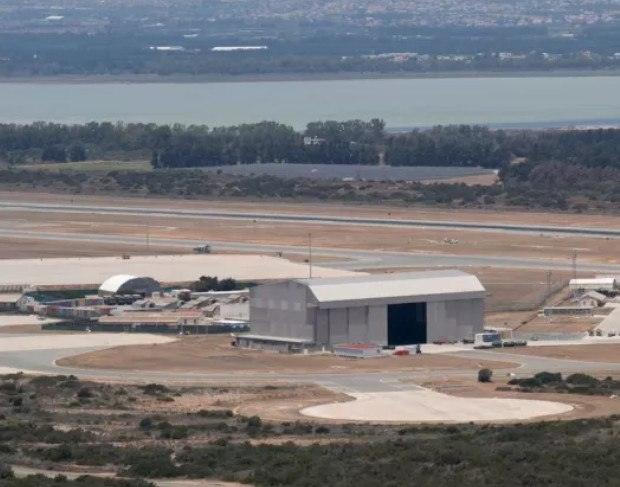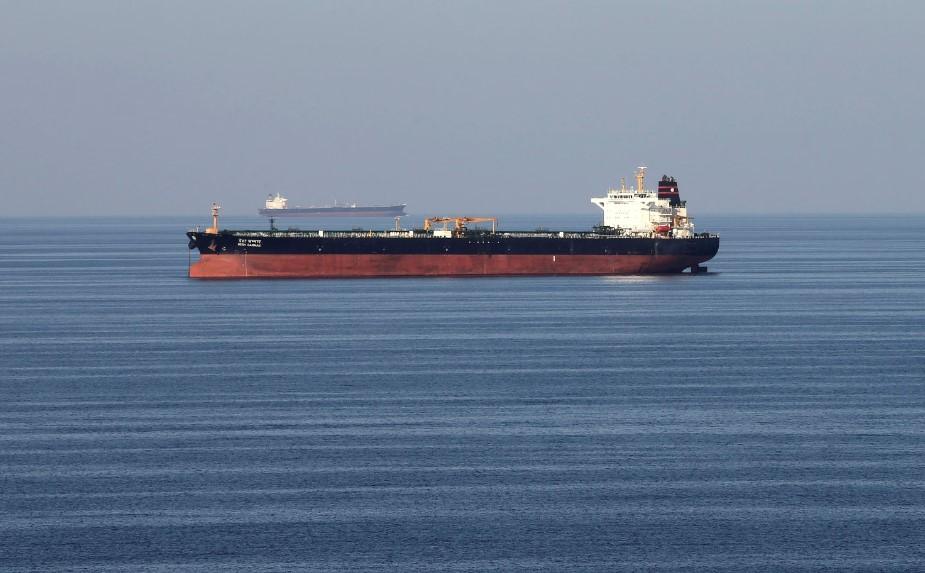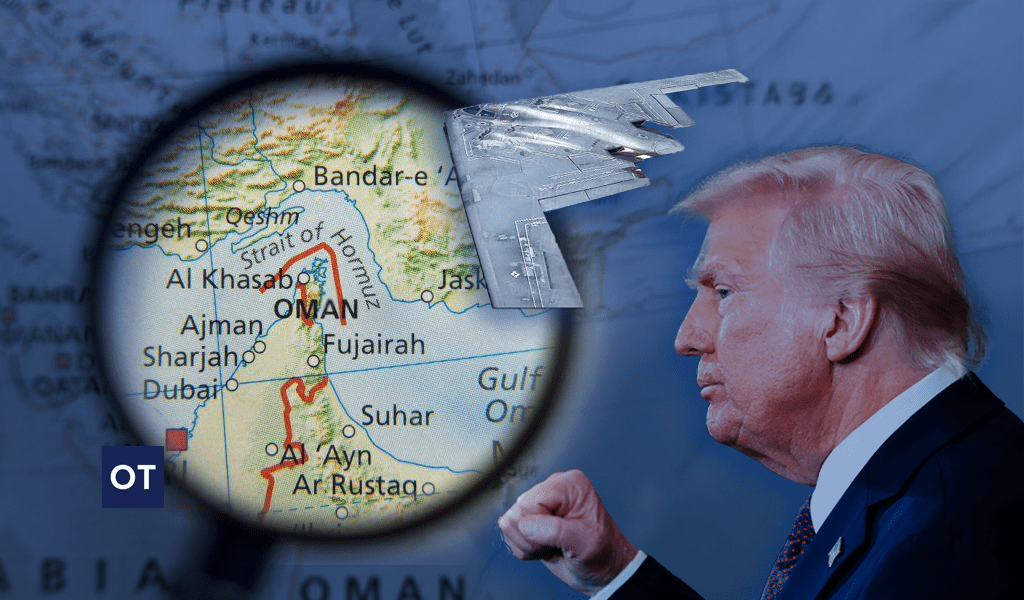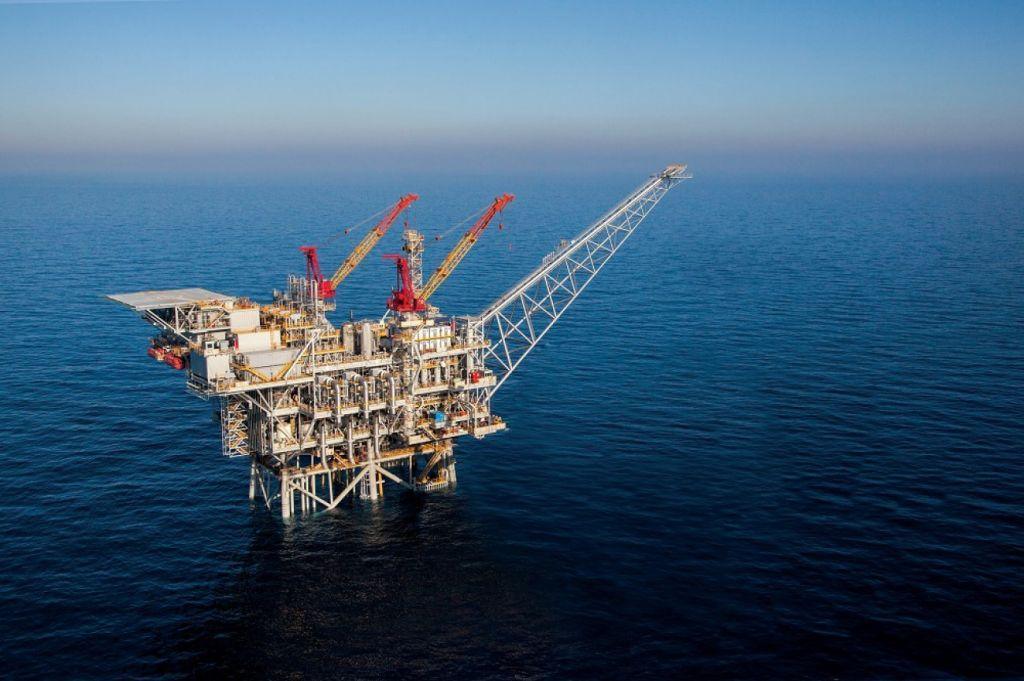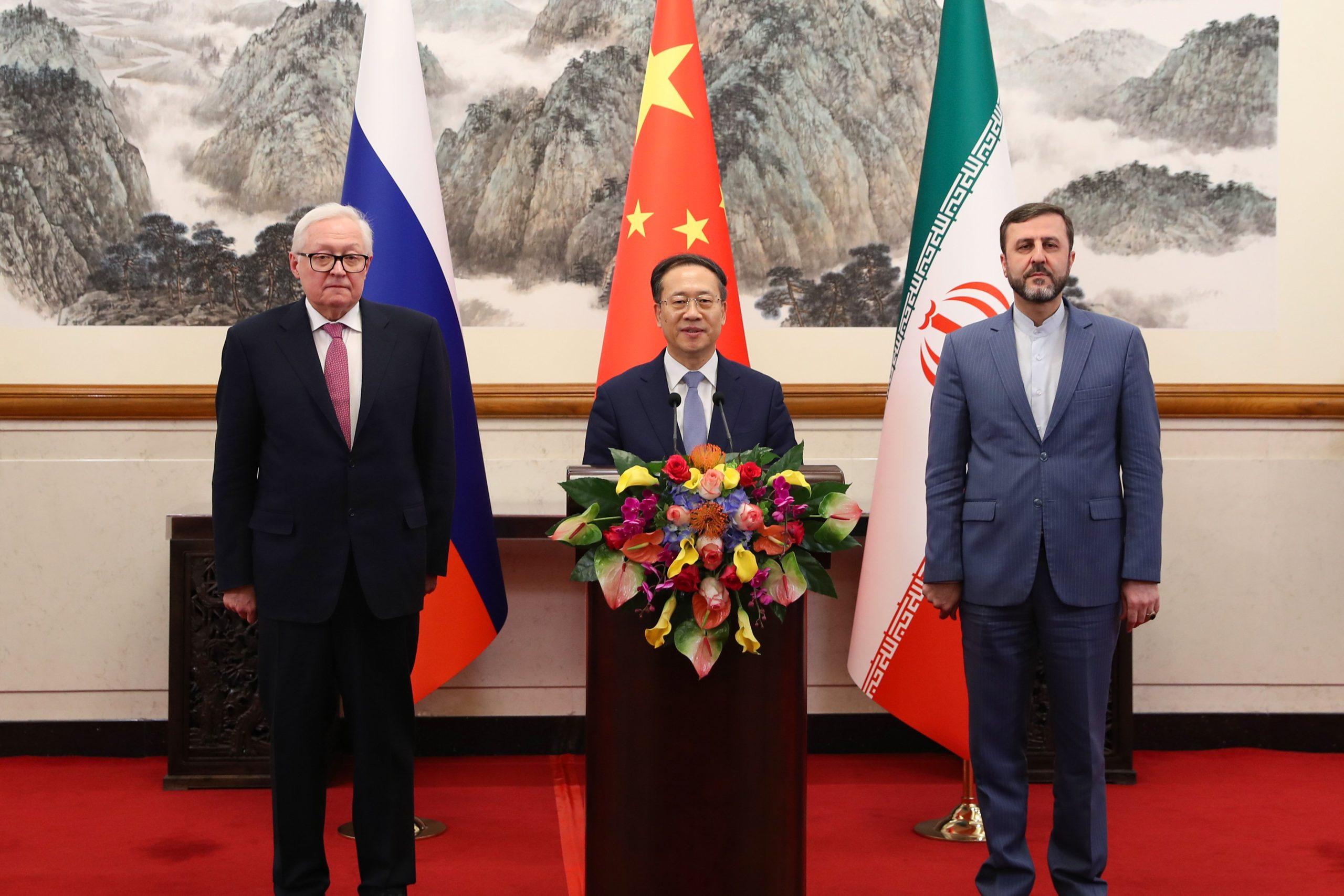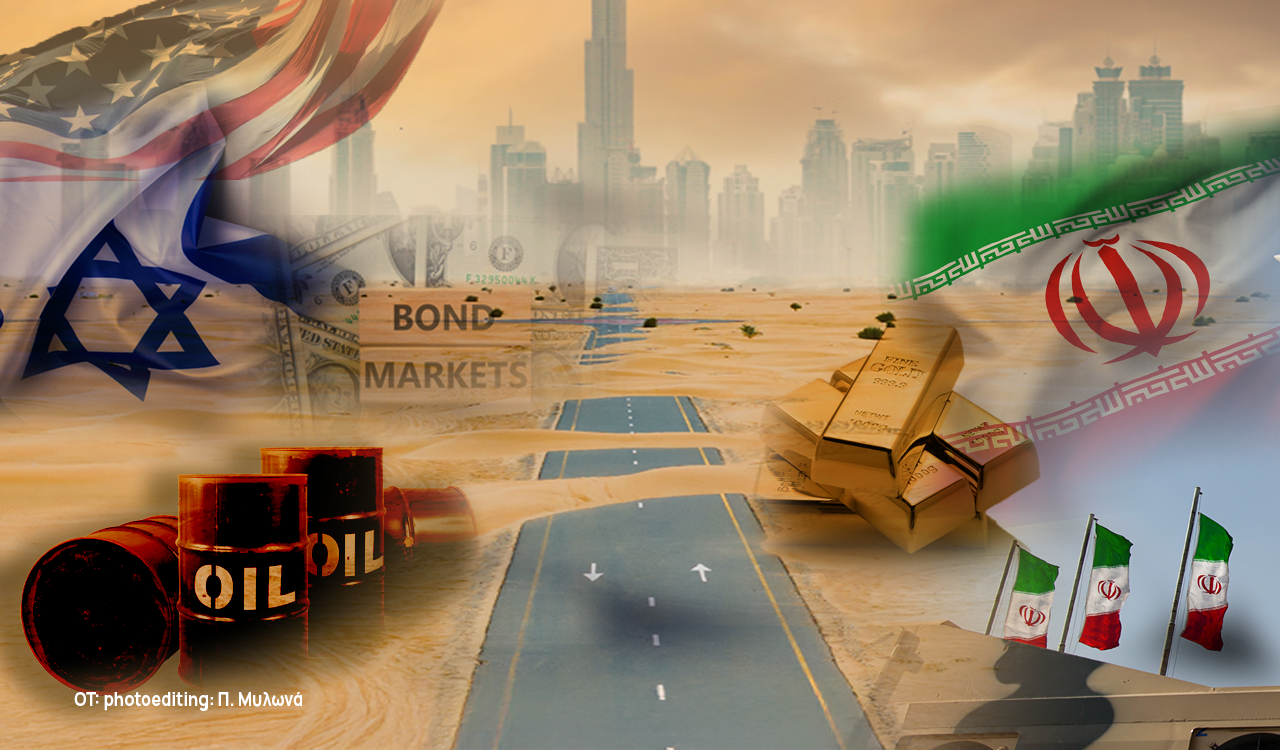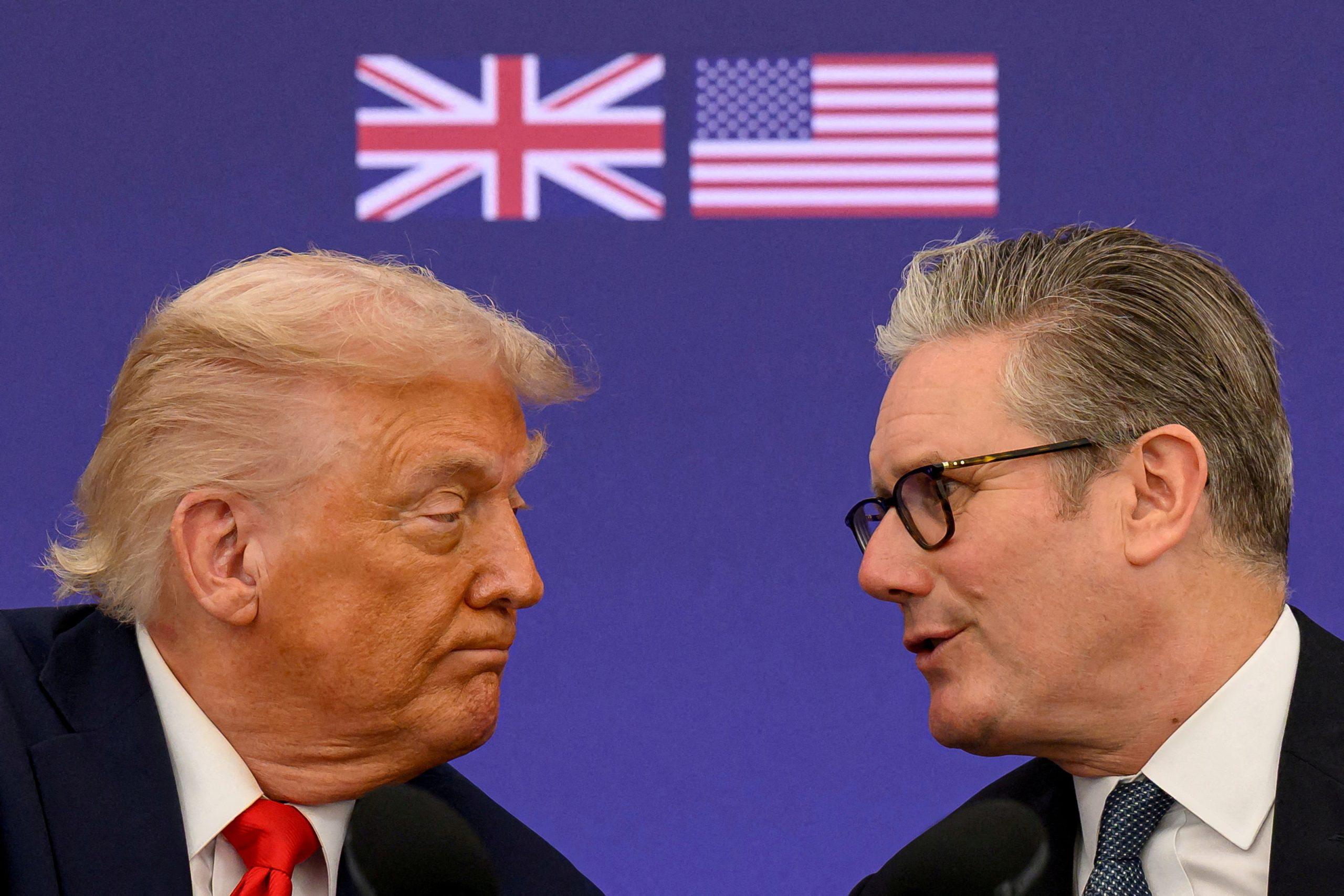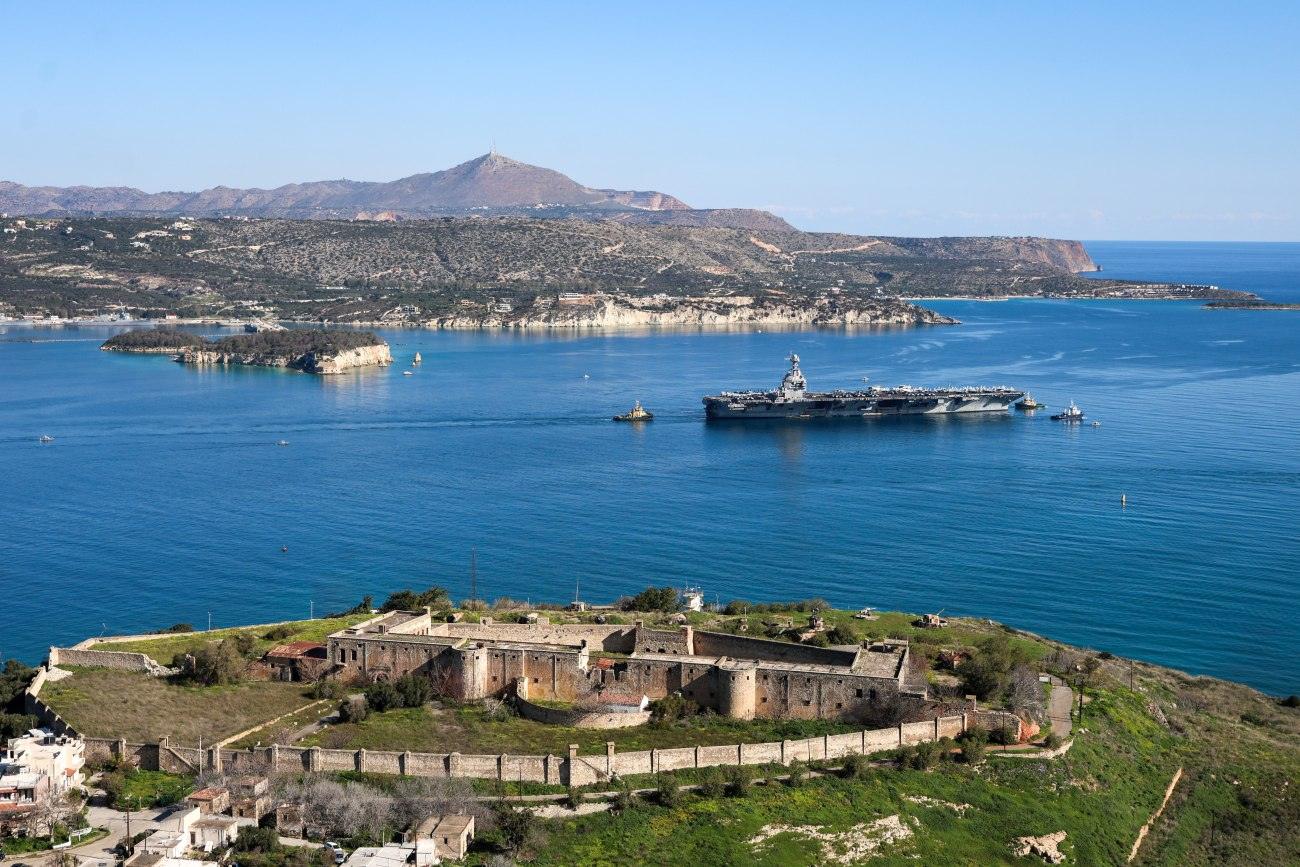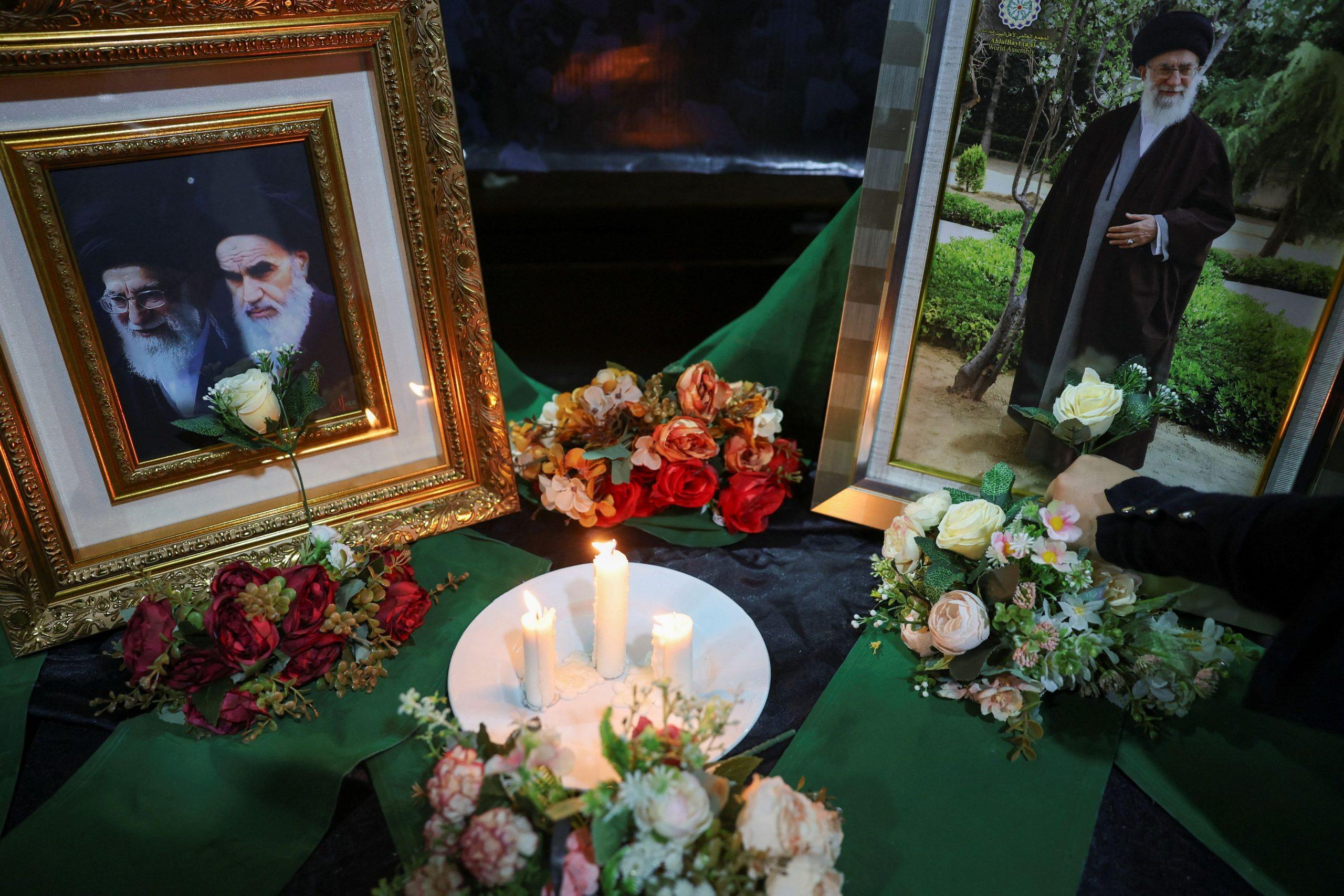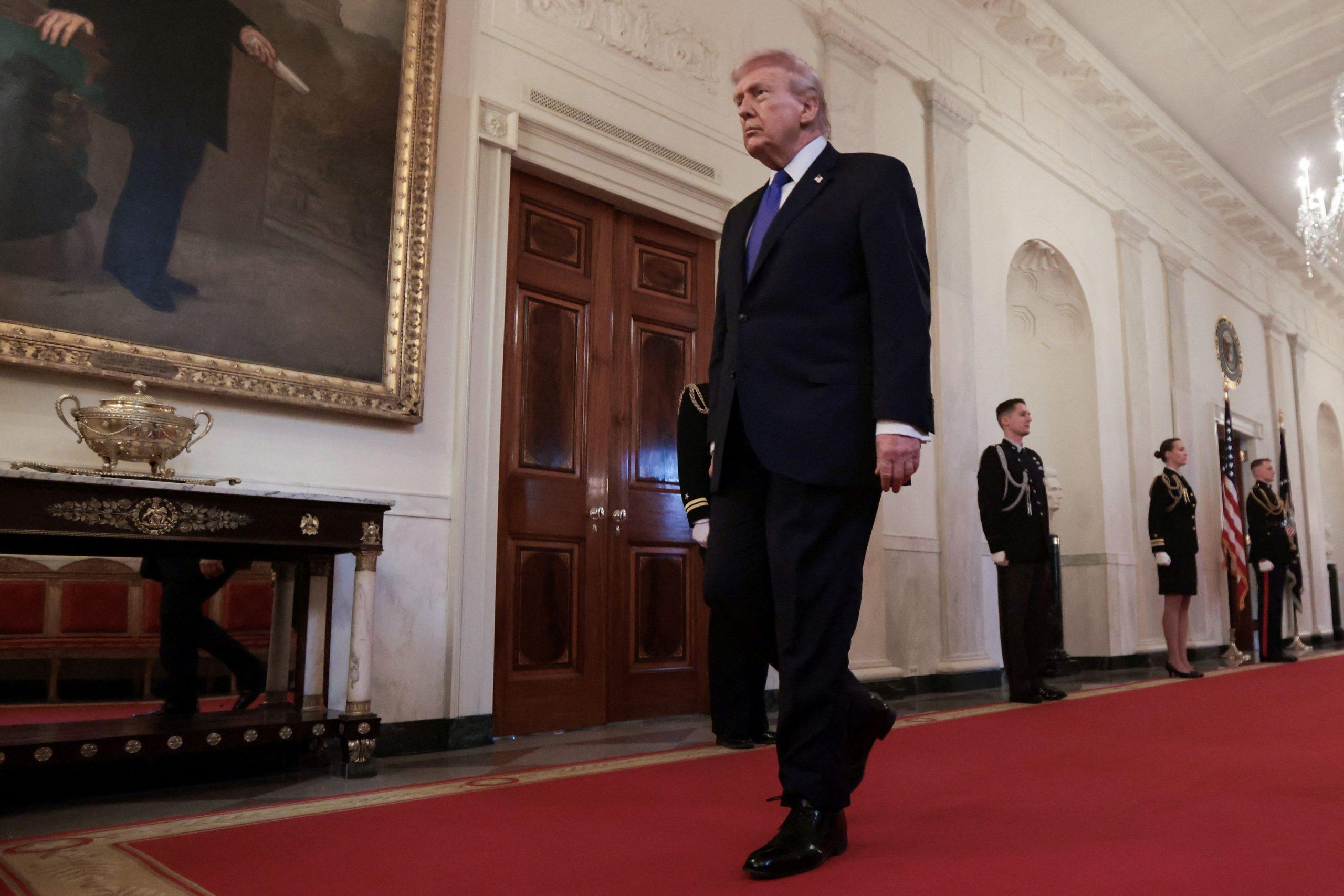The European Union is tightening its grip on Russia’s so-called “shadow fleet” by adding 189 oil tankers to its sanctions list, escalating efforts to disrupt Moscow’s energy export revenues amid the ongoing war in Ukraine.
The decision, announced just days before a planned meeting between Russian and Ukrainian representatives in Istanbul, is seen by analysts as a strategic move to increase pressure on the Kremlin to end its military campaign. “We have identified an additional 189 ships belonging to the ‘shadow fleet’ to target Russia’s energy exports,” stated European Commission President Ursula von der Leyen in a post on X (formerly Twitter).
Earlier, European Council President Antonio Costa confirmed that EU ambassadors had reached an agreement on the latest sanctions package, which includes specific measures to address the operations of Russia’s covert maritime logistics network.
Full List Pending
While the EU has not yet released the full list of sanctioned vessels, it is likely that many of them are also subject to U.S. and U.K. sanctions. Both countries have already blacklisted a comparable number of tankers involved in circumventing restrictions on Russian oil exports.
Limited Impact So Far
Despite the growing number of sanctions imposed over the past three years—including thousands of individuals, companies, and ships—the overall impact on Russia’s energy exports has been limited. Russian oil and gas continue to flow freely to countries that have refused to align with Western sanctions, including India, China, and Brazil. These nations have taken advantage of falling prices to increase their imports, blunting the effect of Western economic pressure.
EU Aims to End Gas Imports by 2027
The European Union, which previously banned seaborne imports of Russian oil, has also announced plans to completely phase out Russian natural gas imports by the end of 2027. This forms part of its broader REPowerEU initiative, launched in May 2022, which aims to reduce the bloc’s dependence on Russian energy. So far, the EU has managed to cut its reliance on Russian gas from 45% before the war to just 19%.
Maritime Restrictions and Legal Pushback
In addition to financial sanctions, the EU is also working to coordinate national legislation that would allow member states to block certain Russian ships from operating in the North Sea and Baltic Sea, citing environmental concerns. The maritime outlet TradeWinds reports that these proposed restrictions could severely limit Russia’s ability to use these key waterways for commercial purposes.
Moscow has condemned the EU’s measures, calling them a violation of international law, and has warned it may respond by deploying military vessels to escort its commercial ships carrying energy exports, raising concerns of potential escalation on the high seas.
Source: tovima.com
